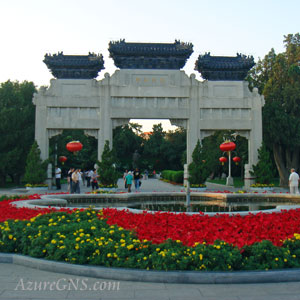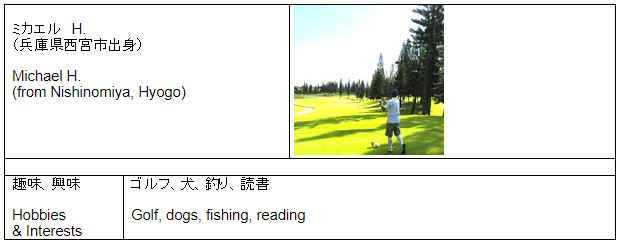中国の会食におけるビジネスエピソード
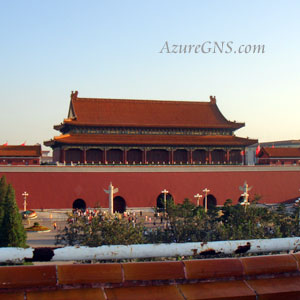
中国において仕事上の会食をする時に備え予め知っておくべきマナーについては、海外ビジネス書物やネット情報などに多く記載されている通りですが、私の経験からこのマナーが会食を友好的で有意義なものにしているように感じたので紹介します。
In many books and on various sites on the internet related to business with foreign countries, Chinese table manners when having meals with clients, which we should know in advance, are written about. My experience showed me that these manners are very friendly and meaningful. I will introduce some of them here.
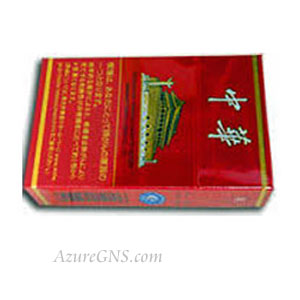
数年前、北京でローカル企業の幹部6人と会食をすることになり、中華料理店に弊方4名が招待されました。円卓の各席の前の皿の上に綺麗に折りたたんだナプキンとともに、赤いパッケージの煙草が置かれていました。私はその数年前に禁煙していたので、残念ながら喫煙は辞退させて欲しいと同席していたローカルスタッフに通訳をしてもらいましたが、お客様全員がニコニコ顔で頷きながら通訳に応答していました。それは全国人民代表大会(中国の議会)で出席者全員に配られる「中華」(chun-fa)という中国で最も高価で美味しい煙草のようでした。喫煙の経験があるのなら是非試してほしいとのことでした。中国の宴席ではもてなす側が煙草を勧めるのはマナーのひとつと聞いていたので、高官が吸う煙草とはどのようなものかという興味もあり一服させて頂いたのですが、なるほど甘く濃厚な香りが何とも美味しかったです。お世辞ではなく「好吃」(hao-chi:美味しい)を連呼すると、お客様には禁煙中なのに勧めに応じてくれたととても喜んで頂き、2本目以降は無理しないようにと言って頂きました。言うまでもなく煙草は吸いませんと拒否することも全く問題はないのですが、無理なく吸えるのであれば快く受けるのも招待を受ける側のマナーとして心得ておくと良いように思いました。その後の会食の場でも何度も煙草を勧められることがありましたが、禁煙しているとは言わず一服させて頂き、残りは仲間へのお土産にしました。
Several years ago, 4 members of my company were invited to dinner at a Chinese restaurant by our clients, 6 executives of a local company in Beijing. There was a red package of cigarettes beside a finely folded napkin on the dish on the round table in front of each of us. However, as I stopped smoking several years before, I asked the local employee to interpret that I was sorry, but I would not smoke. All the clients were smiling and talking with him. He told me that they were the most expensive and delicious cigarettes called “chun-fa”, which were distributed to all the attendants at the National People’s Congress (the Chinese assembly). They told me that I should try a puff if I had ever been a smoker. I had prior knowledge of Chinese manners about cigarettes: hosts are to offer cigarettes to their guests at a party or dinner. Besides, I was interested in cigarettes which government officials would smoke, so I accepted their offer. Indeed, I enjoyed the sweet and rich flavor of the cigarette and said repeatedly to them, “Hao-chi! Hao-chi!” without flattery. The clients were glad that I accepted their offer, though I had given up smoking, and told me that I did not have to smoke another cigarette if I didn’t want to. Needless to say, they didn’t mind at all even if I declined to smoke, but it is regarded as a good manner to accept their offer pleasantly if I can without any trouble. Afterward, I was offered cigarettes many times, so I smoked only 1 cigarette without telling them that I gave up smoking, and brought the rest of the cigarettes back to my coworkers.
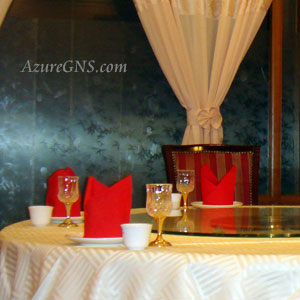
次にアルコールについてですが、国際都市上海ではビール、ワイン、紹興酒が多く、北京や天津など北の方ではアルコール度数の高い白酒(bai-jiu)が定番のようです。中国ではどのような宴席でも(家族や友達との食事でも)必ず「老板」(rao-pan:取り仕切る人)と言われる一番偉い人が決まっていて、多くの場合その人の合図で最初の乾杯(干杯gan-bei:一気飲み)が行われます。その後は自分だけで飲むことは好ましくないとされ、必ず誰かと目を合わせ複数の人と一緒に飲むのが礼儀ですが、白酒の場合は小さなグラスとはいえアルコール50度前後の強い酒なので酔い潰れないように注意が必要です。会話の合間に老板は自分のグラスでテーブルをコンコンと叩き全員の乾杯(干杯)を促します。この時は皆一斉に飲み干し、その証明としてグラスの底を他の人に見せます。
Next, speaking of alcoholic drinks, in Shanghai, a cosmopolitan city, beer, wine and Shaoxing rice wine are usually drunk, and in Beijing or Tianjin, the north part of China, bai-jiu (a Chinese alcoholic beverage made from grain with high alcohol) is popular. In China, at any banquet or dinner (even among family or friends), a person in the highest position among them, who is called “rao-pan” (a chief), usually proposes the first toast (gan-bei: drinking up without pausing), and all the people present follow him. Even after the first drink, drinking alone is regarded as unfavorable, so it is considered to be polite that several people look one another in the eyes and drink at the same time. When we drink bai-jiu with about 50% of the alcohol content even in a small glass, we need to be careful of not getting “blind drunk”. The rao-pan sometimes taps a table with his glass to propose a toast to all, and then everyone drinks up his glass, and shows others its bottom for proof.
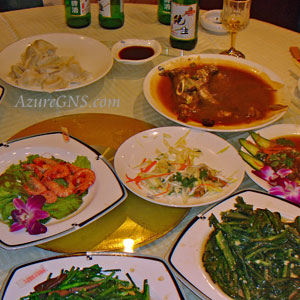
また老板だけではなく、もてなす側の全ての人は常に気配りしていて、接待相手の箸が止まった時や話しが途切れた時を見計らって、にこやかに目を合わせてグラスを持ち上げ乾杯の催促をします。飲めない人は最初から水やお茶でもよいし、途中で辛くなった時に「干杯」ではなく「隋意」(sui-yi、飲む量は自由に)と言えばペースを落とすこともできるので、煙草と同じように無理をする必要はないのですが、弱くても限界近くまでお付き合いすると仕事仲間として認めてもらえ、とても懇意になれることは間違いないようです。特に国営企業の幹部は初対面では立場上強面で表面的な会話しかできませんが、会食でお酒を酌み交わした後は殆どの方に気さくに接して頂くことができました。
Not only rao-pan, but also any other host member is always careful of all guests, and they smilingly make eye contact and lift a glass for a toast when a guest stops eating or talking. If we don’t drink alcohol, we can drink water or tea from the beginning, or if you cannot drink alcohol any more, you can slow down by saying “Sui-yi” (drinking as much as you like) instead of “Gan-bei!” (Bottoms up!) Like cigarettes, we don’t have to force alcohol on ourselves. However, there is no doubt that they will accept us as close business partners when we drink as much as possible with them even if we easily get drunk. Especially, executives of national enterprises looked tough for the first time and only had a superficial talk, but after drinking together at a banquet or a dinner, most of them became friendly with us.
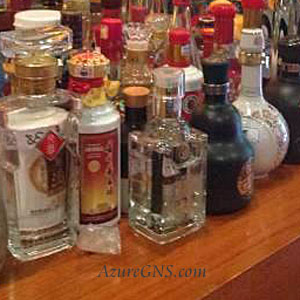
日本国内の宴席ではビジネストークを極力避ける傾向にあります。対照的に、中国の宴席は互いの人間性を知り合う貴重な社交場であり、ビジネストークも含めとても開放的です。中国人の多くは陽気で友好的であり、会食のマナーはおもてなしの心から生まれたものだと思います。
In a Japanese banquet or dinner, business talk tends to be avoided. In contrast, a banquet and dinner in China are an important social meeting place to know one another, where they talk very openly including business matters. Chinese people are usually cheerful and friendly, and their table manners seem to be based on the spirit of hospitality.
